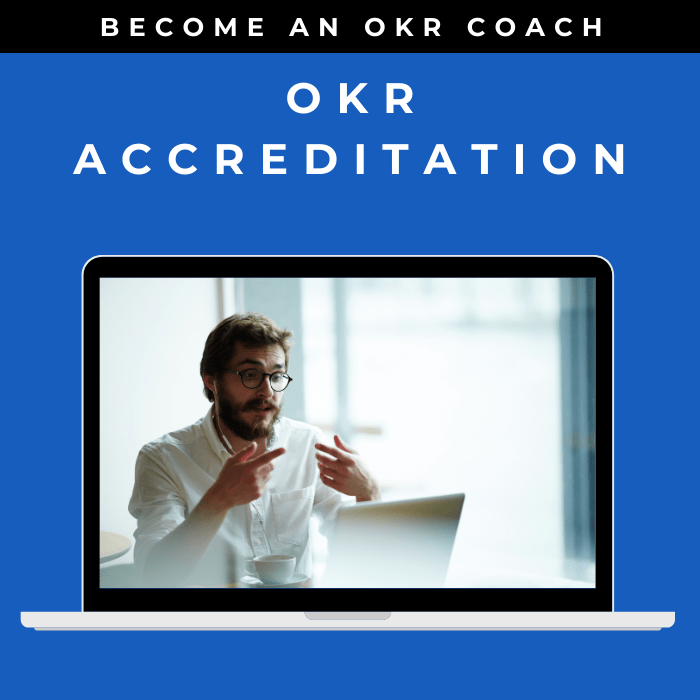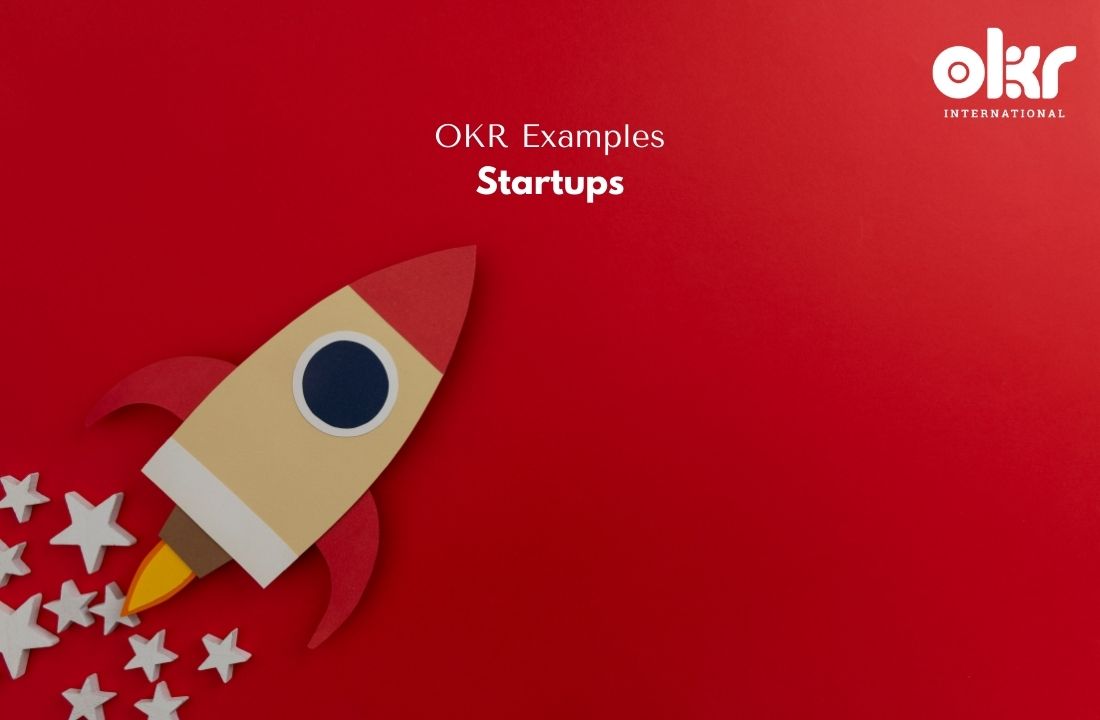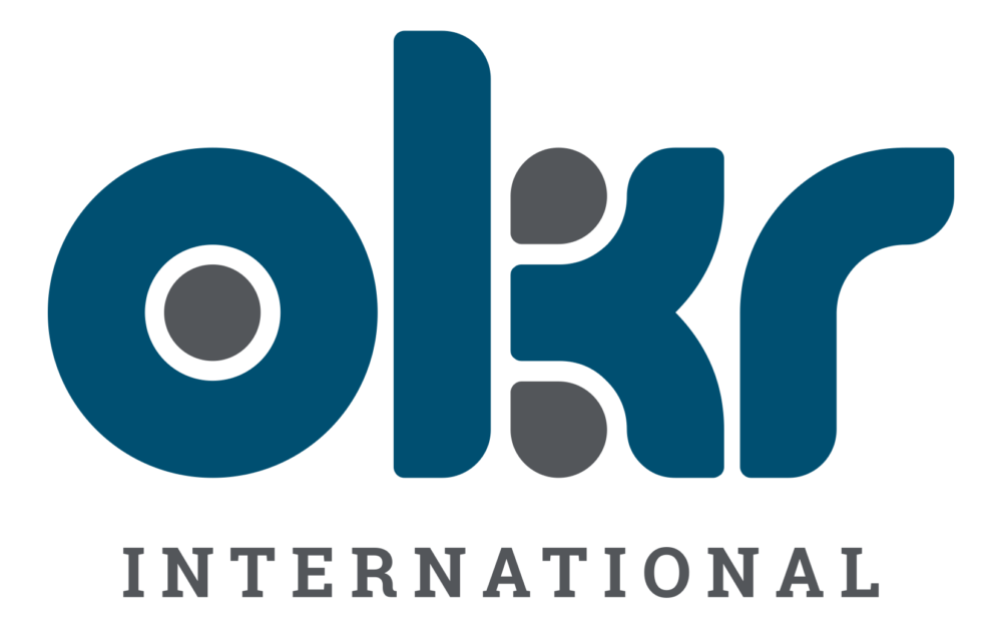10 Actionable OKR Examples for Startups
The startup ecosystem is marked by high risk, rapid change, and an imperative for swift growth. For startups, Objectives and Key Results (OKRs) can act as a robust tool for setting strategic objectives, catalyzing growth, and retaining an edge in this competitive landscape. This article presents ten actionable OKR examples for startups, providing essential insights for those looking to accelerate their performance and outsmart their competitors.
1. Scaling User Base
Objective: Expand the user base to stimulate startup growth.
Key Results:
- Increase the number of active users by 30% in the next 6 months.
- Implement advanced user acquisition strategies in three new markets by the next quarter.
- Achieve a user retention rate of 70% within the next 3 months.
2. Raising Capital
Objective: Secure funding to finance startup growth and operations.
Key Results:
- Pitch to at least 50 potential investors in the next year.
- Secure funding of $1M within the next 6 months.
- Maintain a burn rate under the predetermined safe limit for the next quarter.
3. Building Sustainable Practices
Objective: Incorporate sustainability into business operations.
Key Results:
- Reduce carbon emissions by 10% in the next year.
- Implement eco-friendly practices in 50% of operations in the next 6 months.
- Achieve a 70% employee appreciation rate for sustainability initiatives in the next quarter.
4. Ensuring Regulatory Compliance
Objective: Comply with regulatory requirements and business standards.
Key Results:
- Resolve compliance issues by 30% within the next 6 months.
- Train 100% of the team on new regulatory standards within the next quarter.
- Pass all compliance audits in the next fiscal year.
5. Promoting Employee Engagement
Objective: Improve employee engagement to enhance productivity and reduce attrition.
Key Results:
- Increase employee engagement scores by 20% in the next year.
- Implement innovative team-building activities for 85% of the workforce in the next 6 months.
- Attain an 80% employee satisfaction rate with company culture in the next quarter.
6. Fostering Innovation
Objective: Cultivate a culture of innovation to develop unique products/services.
Key Results:
- Launch two innovative product features within the next year.
- Increase the number of innovative initiatives by 15% in the next 6 months.
- Achieve a 75% employee satisfaction rate with the innovation culture in the next quarter.
7. Strengthening Strategic Partnerships
Objective: Form strategic partnerships for better market positioning and resource optimization.
Key Results:
- Establish 5 new strategic partnerships in the next year.
- Implement a partnership management system within the next 6 months.
- Achieve a 70% partner satisfaction rate with partnership interactions in the next quarter.
8. Reducing Operational Costs
Objective: Minimize operational costs to improve profitability.
Key Results:
- Reduce operational inefficiencies by 20% in the next year.
- Implement cost-saving initiatives in 60% of operations within the next 6 months.
- Achieve a 10% reduction in overall operational costs in the next quarter.
9. Improving Knowledge Management
Objective: Optimize knowledge management for better decision-making and product development.
Key Results:
- Increase utilization of knowledge management tools by 40% within the next 6 months.
- Implement a data-driven knowledge management system across the startup in the next quarter.
- Achieve an 80% satisfaction rate with knowledge management within the next 3 months.
10. Enhancing Customer Experience
Objective: Strengthen relationships with customers through improved product experience and service.
Key Results:
- Increase Net Promoter Score (NPS) by 20% in the next year.
- Reduce customer complaints by 15% in the next 6 months.
- Achieve a customer retention rate of 80% in the next quarter.
By adopting these OKR examples, startups can improve their product development, stimulate growth, and foster innovation. These strategic objectives are vital in overcoming the challenges of this dynamic ecosystem, contributing to business success, and delivering superior customer experience.
FAQs
1. What are actionable OKRs in the startup ecosystem?
Actionable OKRs in the startup ecosystem are strategic objectives and key results that trigger significant improvements and stimulate innovation. They focus on areas like user base expansion, capital raising, sustainability, regulatory compliance, employee engagement, innovation, strategic partnerships, cost reduction, knowledge management, and customer experience.
2. How can actionable OKRs drive growth in startups?
Actionable OKRs can drive growth in startups by setting objectives related to user base expansion, capital raising, and innovation. By monitoring key results and making necessary improvements, startups can enhance their performance, meet customer expectations, and achieve sustainable growth.
3. Why is sustainability important for startups?
Sustainability is crucial for startups to meet environmental regulations, customer expectations, and market trends. Actionable OKRs related to sustainability help startups adopt eco-friendly practices, reduce their carbon emissions, and make a positive impact on the environment.
4. How can innovation contribute to success in startups?
Innovation can contribute to success in startups by enhancing product offerings, improving efficiency, and facilitating data-driven decision-making. Actionable OKRs related to innovation help startups leverage emerging technologies and practices to improve product development and provide innovative solutions.
5. How does improved knowledge management benefit startups?
Improved knowledge management benefits startups by optimizing decision-making, enhancing product development, and fostering continuous learning. Actionable OKRs related to knowledge management help startups manage information effectively, implement data-driven knowledge systems, and increase operational efficiency.

When looking to set OKRs, it’s natural to want examples to ignite the thought process or simply compare yours to OKR Examples. Check out our compendium of OKR Examples here.
Explore Our Range of Services
Bring OKRs (Objectives and Key Results) to your organisation with our tried & tested OKR Framework.


OKR International’s highly acclaimed Certified OKR Practitioner Program is the first and only OKR accreditation endorsed by ICF & HRCI for continuing education units.
OKR International helps leaders create the alignment, engagement and result orientation needed for growth by offering OKR Advisory services.

Latest Posts
- OKR Certification Course April 2026: Master Strategy Execution with Confidence
- OKR Mastery: The Essential Guide to Becoming a High-Value Strategy Execution Expert
- OKRs and Strategy Execution
- OKRs at Scale: What Really Changes Beyond Team-Level OKRs
- OKR Coach Certification: OKR-BOK™ Certified Coach (20–21 Feb 2026)



